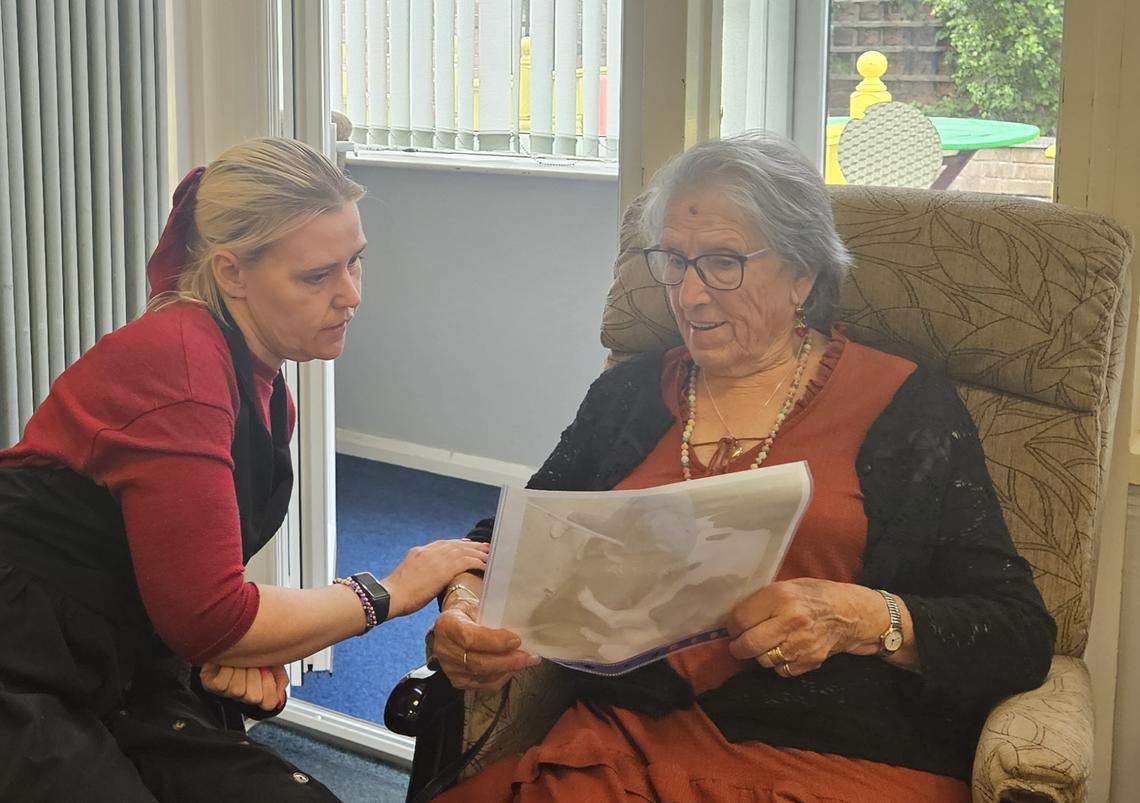Home Visitor for visually impaired clients
They will often involve a volunteer befriender visiting a visually impaired person in their home, perhaps for a cup of tea and a chat, or accompanying them to an activity.
What You'll Do:
Volunteers are required to visit blind / partially sighted clients in their own homes. This could involve having a cup of tea and a chat, possibly reading mail, writing replies.
Why You'll Love It:
Personal Growth: Volunteering helps in learning new skills and gaining experience, which can enhance your career prospects.
Social Connections: It provides an opportunity to meet new people and build a sense of community.
Mental Health Benefits: Volunteering can reduce stress, combat depression, and provide a sense of purpose.
Increased Happiness: Engaging in volunteer work can boost your self-esteem and overall happiness.
Making a Difference: It allows you to contribute to worthwhile causes and help those in need.
These benefits highlight the positive impact volunteering can have on both individuals and the community.
What We're Looking For:
What we ask of you as a home-visiting volunteer:
undergo a criminal record check at an enhanced level,
attend our free volunteer visual awareness preparation course with other new volunteers. This takes place before you do your visits
be able to visit them at home, once a week, for around two hours, to support them,
be able to commit to at least a six month period of support,
have a non-judgemental attitude and understand the pressure of being visually impaired

